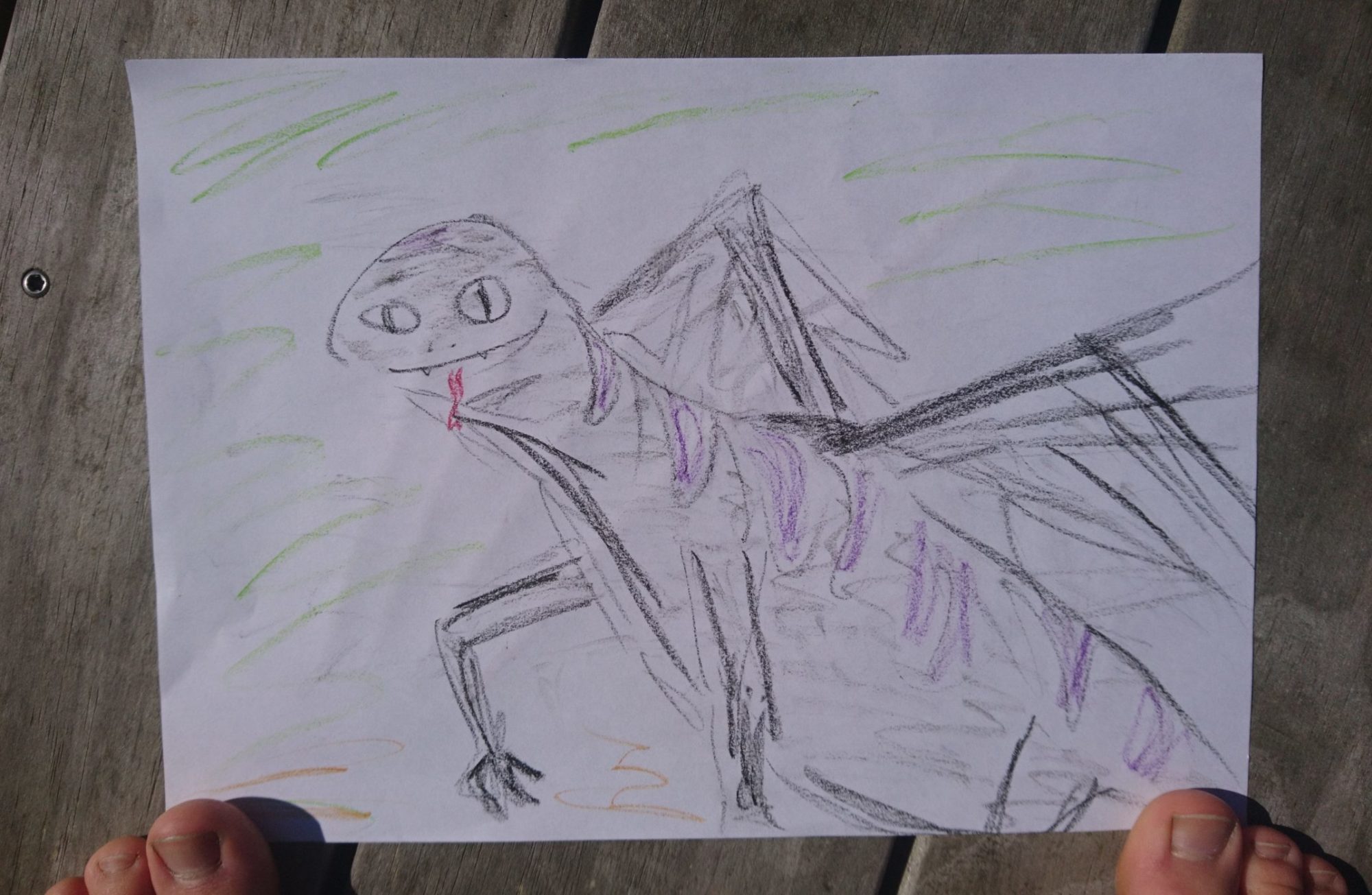As a PhD student of relational (participatory) and embodied approaches to social cognition, I used interactive games to investigate social behaviour at multiple levels: can we predict participants’ experience from their personality differences, performance levels and interpersonal movement coordination? During my PhD, I realised I care a lot about application: how can I use what I learn to curate spaces for meaningful social encounter? I thus embarked on several collaborative initiatives to bring relational and embodied cognition into our everyday life as researchers: the playful academic presents possibilities to bring embodied exploration and playfulness into academic collaboration, and the enactive research group offers a weekly online meeting space to people interested in a more generous and collaborative research culture. I was also centrally involved in organising 2022’s ESRI, a yearly conference hosted by Mind and Life Europe that brings together western science and buddhist practitioners.
Now in the Netherlands, I want to conduct research that strengthens relationships. Specifically, between the diverse professionals involved in making urban development more sustainable. How does a collaboration between diverse professionals look like that works ‘at eye level’? What do we need to express, listen to, and act on what matters? ..to all parties involved and affected by our work? My ambition is that this focus on interpersonal development not only empowers individuals but also helps us rethink organisations – what kind of culture and social structures do we need to support us in our work?
The TBL infra project is a wonderful opportunity to integrate my research and training backgrounds. I will use it to ask: how can a research attitude (the commitment to keep on relaxing / questioning the certainty of one’s assumptions) lead to better training outcomes? How can a training attitude (enhancing our ability to face challenges – introduce useful tools, create a learning environment, authentically share from our experience, facilitate practice, learn from and with each other) lead to more insightful research?
